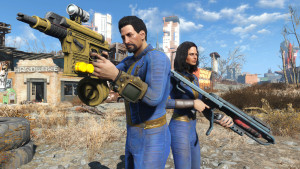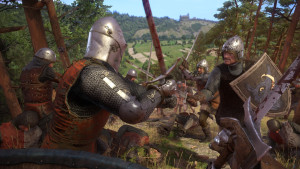Please support Game Informer. Print magazine subscriptions are less than $2 per issue
The Five Biggest Narrative Missteps In Assassin's Creed
![]()
I was obsessed with Assassin’s Creed’s fiction, going as far to create a blog that dissected the mysteries and conspiracies embedded in this fascinating lore. Game Informer’s readers put it under the microscope as well, opening my eyes to an array of different potential futures for this story to head next.
My appreciation of this era-leaping tale remained strong through Assassin’s Creed: Revelations... and then I played Assassin’s Creed III. I remember my eyes glazing over during the game’s lengthy conclusion, and I felt like a fool for investing so much time and energy into the story when it ended not with a whimper, but an almost-comical flat line.
A solar flare. A green bubble to stop it. Minerva. Juno. Desmond gone. Juno reborn. Juno is the new Lawnmower Man? I still can’t believe it ended like that. I know the game concludes with a cliffhanger of Juno saying something to the effect of “Now it’s my turn,” but I don’t think there’s much life left in this plot line, especially after seeing how it was woven into Assassin's Creed IV: Black Flag.
Ubisoft could surprise me by getting the modern-day storytelling back on track, but I don’t know if this mess can be cleaned up.
Here are the five areas – for both the modern and era-specific story arcs – where I think this series went off the rails.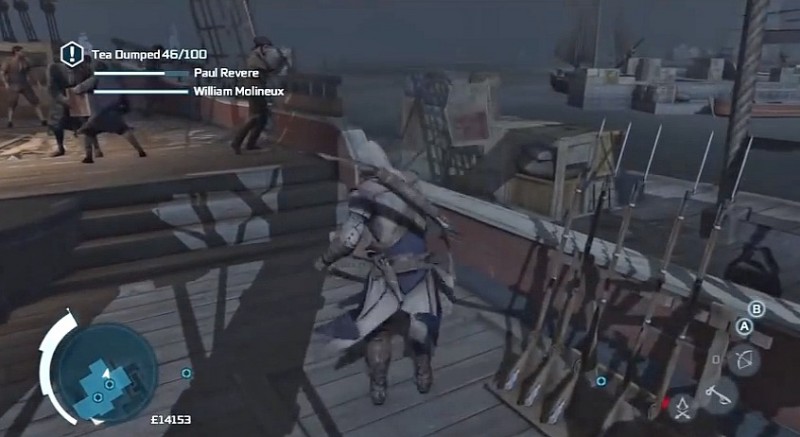
5. Putting Assassins Into Too Many Historical Events
Connor’s story in Assassin’s Creed III places him at the heart of most of the big events from the American Revolution. Connor was a pivotal player in the Boston Tea Party, the Battle of Bunker Hill, the Boston Massacre, the Stamp Act, the Great Fire of New York, the French and Indian War, the Battle of Monmouth, the Buttonwood Agreement, the Battle of Yorktown, various treaty negotiations, the signing of the Declaration of Independence – and he was even on the same horse during Paul Revere’s famous ride. Revere rode shotgun.
Covering all of these events is something better suited for a Bill and Ted movie. It’s absurd for Assassin’s Creed. I’m cool with assassins being thrown into a couple of key events for their respective time periods. All of the big events? No.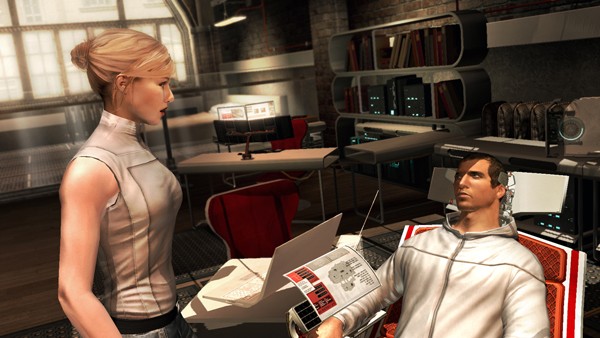
4. Lucy Stillman
Remember Lucy? She was the genetic memory researcher who looked after Desmond and eventually freed him of Abstergo’s grip when his health took a turn for the worse. She secretly worked for the Assassin Order, and was a key player in uncovering the Apple of Eden.
When Desmond foolishly touched the Apple, I believe Juno entered his body, and then he stabbed Lucy in the gut. It was a hell of an ending to Assassin’s Creed: Brotherhood. What happened next is hard to decipher. That plot thread wasn’t picked up immediately in the next game. At one point, Desmond and company talked about attending Lucy’s funeral, and there's mention of her being a traitor in The Lost Archive DLC, but there wasn’t much material surrounding this huge moment for players to grab onto. Her arc concluded with the feeling of “Oh well, she’s probably dead or something.”

3. Anyone Can Be the Best Assassin
In Assassin’s Creed IV: Black Flag’s opening moments, a pirate kills an assassin, steals his official assassin outfit, puts it on, and becomes the greatest assassin of his time. Poof! It’s magic.
Now, I had a great time controlling Edward Kenway and sailing the rolling seas. In terms of gameplay, Assassin’s Creed IV: Black Flag is one of the series’ best efforts. The same cannot be said about the narrative, which plays out like a puzzle that no one can assemble. I had a hard time following the plot’s progression, often finding myself confused by Kenway’s relationships. No matter how hard I try, I can’t recall one memorable moment from the story – other than Kenway’s unlikely transformation into an assassin.
2. YOU Are in the Game!
Desmond Miles’ time came to an end, and now it’s time for you to step into his shoes as a silent, faceless protagonist who works in the video game industry. I’m not making this up. Abstergo Entertainment is a video game company that uses the Animus to create interactive experiences. Beware! Juno is lurking in the game studio’s computer network.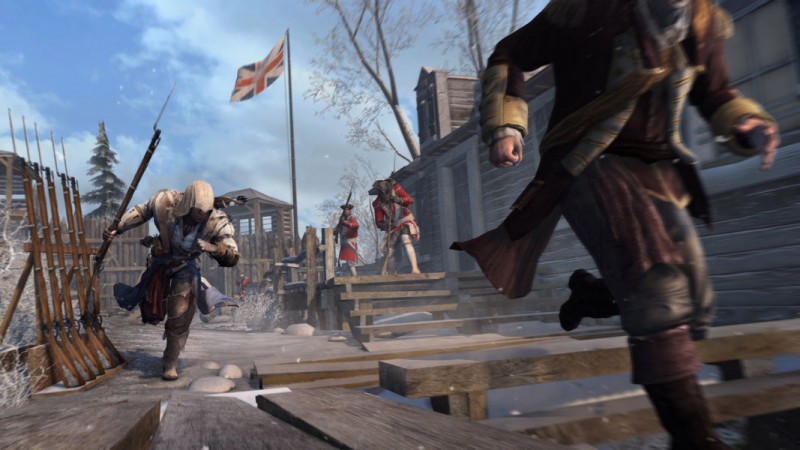
1. Assassin’s Creed III
This point is somewhat of a rehash of my previous complaints, but this game is the turning point where the fiction really started to fall apart. A couple of the most heated arguments in Game Informer’s office recently have been over “Which Assassin’s Creed story is worse, III or IV?” You’d be surprised how intense these get. Here's the truth: Both stories are disasters for very different reasons. I fall into the camp of Assassin’s Creed III being the worst. I don’t know what was hardest to swallow: The reliance on historical events, all of the modern stuff with Desmond, or just how boring of a protagonist Connor ended up being. This game did most of the work in digging the deep narrative hole that this series is currently trapped in.

